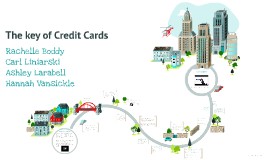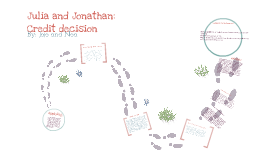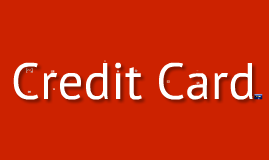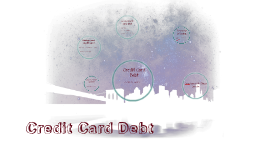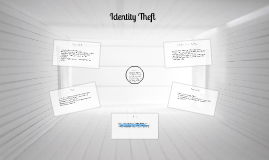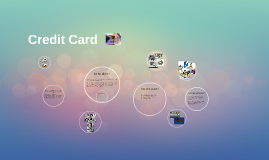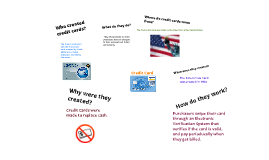Credit Card
Transcript: - Your overall debt = how much you owe on all your accounts & how much credit you have available to use - Your Credit history = when you opened and used each your accounts & how recently you applied for new credit card & recent good credit history following past payment problems. What is Credit? Overall , a good way to keep debt in check is to follow the 70 - 20 - 10 Rule. Spend 70 percent of your income on living expenses such as rent , food , and gasoline. Save or invest 20 percent of your income for financial goals and emergency expenses. Spend 10 percent on debt payments for items such as credit cards and car and school loans. - Credit Report tracks your success in managing money responsibly - Credit report is simply a record of you personal financial transactions ( or credit History ) - Lenders look at it to see how well you've managed credit in the past. - Your score changes over time as your finacial situation Changes. - Credit reporting agencies , sell credit report information to businesses that are interested in finding out your creditworthiness - Lenders will purchase and review your credit report anytime you apply for a credit card or loan How credit Scores are determined Conclusion The Good and The Bad design by Dóri Sirály for Prezi 70 - 20 - 10 Rule The number of ways you can hurt your credit history and credit score Fortunately building a good credit history just takes discipline : - The higher the interest rate and the longer the loan term, the higher the cost of credit. To pay less interest and pay off your balance sooner , pay more than the minimum payment amount. - Making minimum payments raises the cost of whatever you bought in the first place, and can take a very long time to pay off. - Charging small , everyday purchases will come back to haunt you if you don't pay your credit card balance off every month. - Having too much available credit or debt for your income level will make you look risky to a lender. Rewards - Convenience - Protection - Emergencies - Opportunity to Build Credit - Quicker Gratification - Special Offers - Bonuses Factors tied to the cost of using credit include : The Titans of Credit The Potential Risks - Interest - Overspending - Debt - Identity Theft Understanding your Credit Score - Making a late payments. Even just one missed payment can affect your credit report. - Writing checks when you don't have enough money in your account to cover them ( Bouncing Checks ) - Having a lot of credit cards and loans - Maintain high balances on your credit cards and loans. - Changing credit cards frequently . One way to get started is by asking a parent or another trusted adult to co-sign a credit card application or car loan for you. This means your co - signer is equally responsible for paying the debt. But if you don't pay the bill, it also means your co - signer is on the hook (legally and financially). Annual Fee - Usually Charged by credit card companies, the annual fee is yearly charge you pay for the privilege of using credit. Credit Limit - The credit limit is the maximum amount of credit a lender will extend to a customer. Finance Charge- Usually seen on credit card statements , a finance charge represents the actual dollar cost of using credit to maintain a balance. Origination Fee - Usually associated with home loans m the origination fee is charge for setting up the loan. Grace Period - The grace period is the length of time you have before you start accumulating interest. If you plan to pay off your balance each month, make sure to get a credit card with a grace period of 25 or more days so you can avoid paying interest on your purchases Rachelle Boddy Carl Liniarski Ashley Larabell Hannah Vansickle Credit means someone is willing to loan money - called principal - in exchange for your promise to repay it, usually with interest. Interest is the amount you pay to use someone else money . The higher the interest rate , the higher the total amount you pay to buy something on credit. - Payment history = information about how you make your payments on credit card. - Accounts in collection or past due, and how long past due. - Information in public records, such as bankrupt , judgements , liens, wage attachments or child support. Look out for : Before you can decide whether credit is a good choice for you , it's important to know all the rewards and risks of using it. How to Avoid the Pitfalls - Banks , credit unions , stores , and gas stations. - Some types of cards can be used just about anywhere , some only at a specific - No payoff deadline - Monthly minimum payments vary, based on balance. - usually has the higher rate than Installment loan , student loan , and mortgage. Institution and Features - Always pay your bills on time - If you have a savings account , it's a good to make additional regular deposits, no matter how small. - Be Choosy about your credit cards and loans. - Maintain a low balance on one card and pay it off each month than to have no balance






